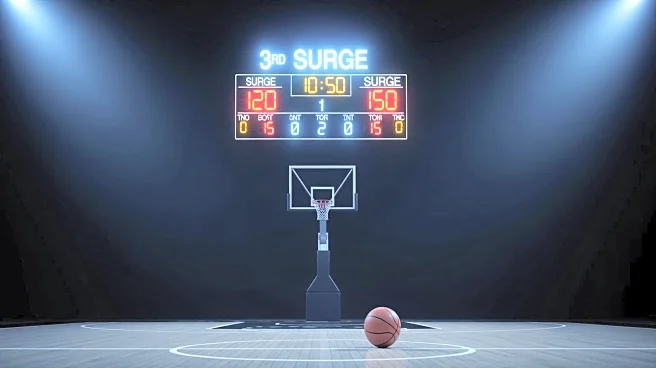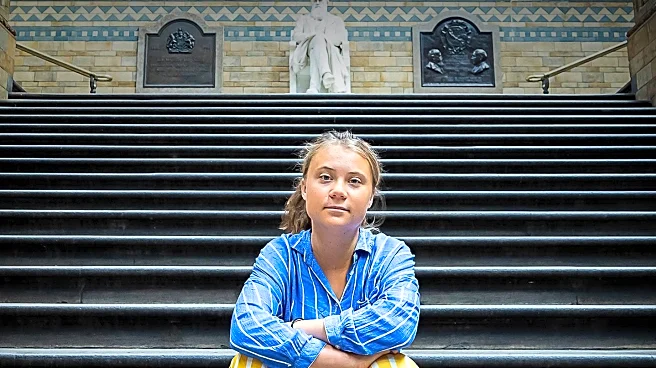Rapid Read • 8 min read
An influential U.S. medical journal has rejected Health Secretary Robert F. Kennedy Jr.'s request to retract a Danish study on vaccine safety. The study, published in the Annals of Internal Medicine, analyzed data from over 1.2 million children and found no evidence that aluminum in vaccines increases health risks such as autoimmune diseases or allergies. Kennedy, known for his skepticism about vaccine safety, criticized the study as biased and called for its retraction. The journal's editor, Dr. Christine Laine, stated there is no reason for retraction and defended the study's integrity. The lead author, Anders Peter Hviid, also defended the study, refuting Kennedy's claims and emphasizing the study's robust design and data transparency.
AD
The rejection of Kennedy's call for retraction underscores the ongoing debate over vaccine safety and the influence of political figures on scientific discourse. The study's findings support the safety of aluminum in vaccines, which is crucial for public health efforts to maintain high vaccination rates. Kennedy's stance may fuel vaccine hesitancy, impacting public health policies and vaccination campaigns. The journal's decision to uphold the study highlights the importance of evidence-based research in guiding health recommendations and countering misinformation.
The journal plans to address criticisms on its website but will not respond directly to Kennedy's article. The debate may continue as Kennedy and other vaccine skeptics persist in challenging vaccine safety studies. Public health officials and researchers may need to increase efforts to communicate the safety and efficacy of vaccines to counteract misinformation and hesitancy. The study's authors and supporters may continue to defend its findings and promote transparency in vaccine research.
The controversy highlights the ethical and scientific challenges in vaccine research, particularly the role of political influence and public perception. It raises questions about the balance between scientific integrity and public skepticism, and the need for clear communication strategies to address vaccine hesitancy. The situation may prompt discussions on the ethical responsibilities of public figures in shaping health policies and public opinion.
AD
More Stories You Might Enjoy










